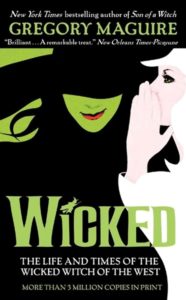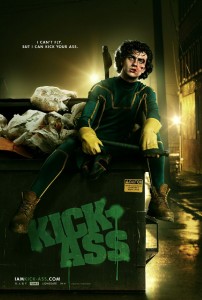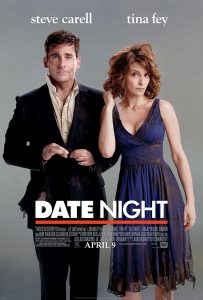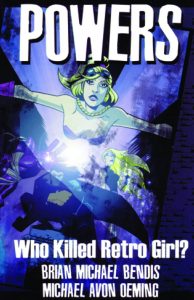 A couple-few years ago, I saw the musical performance of Wicked in Dallas. It was a little heavy-handed with its pro-PETA message, but entertaining for all of that, plus at the time we were under a tornado warning (no shit) and the power actually went out briefly mid-show. The chick who was playing Elphaba? Good lungs, as she was able to joke at the audience until the power came back up, and everyone could hear her. So you see.
A couple-few years ago, I saw the musical performance of Wicked in Dallas. It was a little heavy-handed with its pro-PETA message, but entertaining for all of that, plus at the time we were under a tornado warning (no shit) and the power actually went out briefly mid-show. The chick who was playing Elphaba? Good lungs, as she was able to joke at the audience until the power came back up, and everyone could hear her. So you see.
Sometime not long afterwards, I picked up a copy of the book that inspired all that, also named Wicked. Then, as is often the case, some years later I have read it, and my reaction is extremely mixed. On the one hand, I’m a little surprised to have liked it, even though I couldn’t say why. I mean, I liked its derivative work well enough, right? But still, I went into it expecting not so much, but with enough interest to understand why all the fuss. Instead, I got a pretty neatly put together series of five stories that probably could have been about five different people, even though they are not. The styles differ wildly (my favorite was the second part, at school, which reminded me constantly of Jane Austen) and the portrayals of our main character differ as well, due mostly to extensive passage of time between each section. I wouldn’t want to see it in a lot of books, but I kind of approve of Maguire’s choice to disregard continuity, perhaps in an attempt to give his audience more insight into the central point he is making about passing judgment without very many facts?
Which, right, I suppose I shouldn’t ought to assume everyone knows about the book. It is, basically, the other side of the story of the Wizard of Oz, in which our wicked Witch, Elphaba, went to college with Glinda, joined political resistance against a tyrannical usurper who styled himself the Wizard of Oz, and was eventually brought low by one Dorothy who frankly had no idea what was going on around her and was everyone’s pawn at every turn. And like I say, it’s a pretty entertaining story, with a lot of interesting character voices and structural choices. So why am I ambivalent? Because, at some point in the story, after her political agitations but before the arrival of her destined nemesis, Elphaba starts to reflect upon her legacy and quickly to fixate upon it, which gives Maguire an excuse to start dealing with everything through the prism of Literature, and Theme, and Essay Questions. And if there’s one thing I cannot stand, it is the 20th Century tendency toward intentional art. People should ought to create what they want to see, not what they believe other people will consider important. And that’s the worst part: this book is something I wanted to see. It just lost its way, somewhere along that yellow brick road.



 Here’s the thing. Either I (via listening to my friends and Amazon recommendations, it’s true, but in this case also on my own merits, since I bought it used and un-recommended) am really good at picking graphic novel series that I will like, or else I am a sucker for the format and just like any of them that I read. I don’t wish to test the theory by picking up something I expect to dislike and seeing how it goes; apparently because my happiness trumps science.[1] I’m not exactly sure how to tell you to calibrate your expectations when I don’t know which of the options is the truth, but at least now you know the pain I go through on a daily basis in trying to bring you as objective of a report as possible.
Here’s the thing. Either I (via listening to my friends and Amazon recommendations, it’s true, but in this case also on my own merits, since I bought it used and un-recommended) am really good at picking graphic novel series that I will like, or else I am a sucker for the format and just like any of them that I read. I don’t wish to test the theory by picking up something I expect to dislike and seeing how it goes; apparently because my happiness trumps science.[1] I’m not exactly sure how to tell you to calibrate your expectations when I don’t know which of the options is the truth, but at least now you know the pain I go through on a daily basis in trying to bring you as objective of a report as possible.